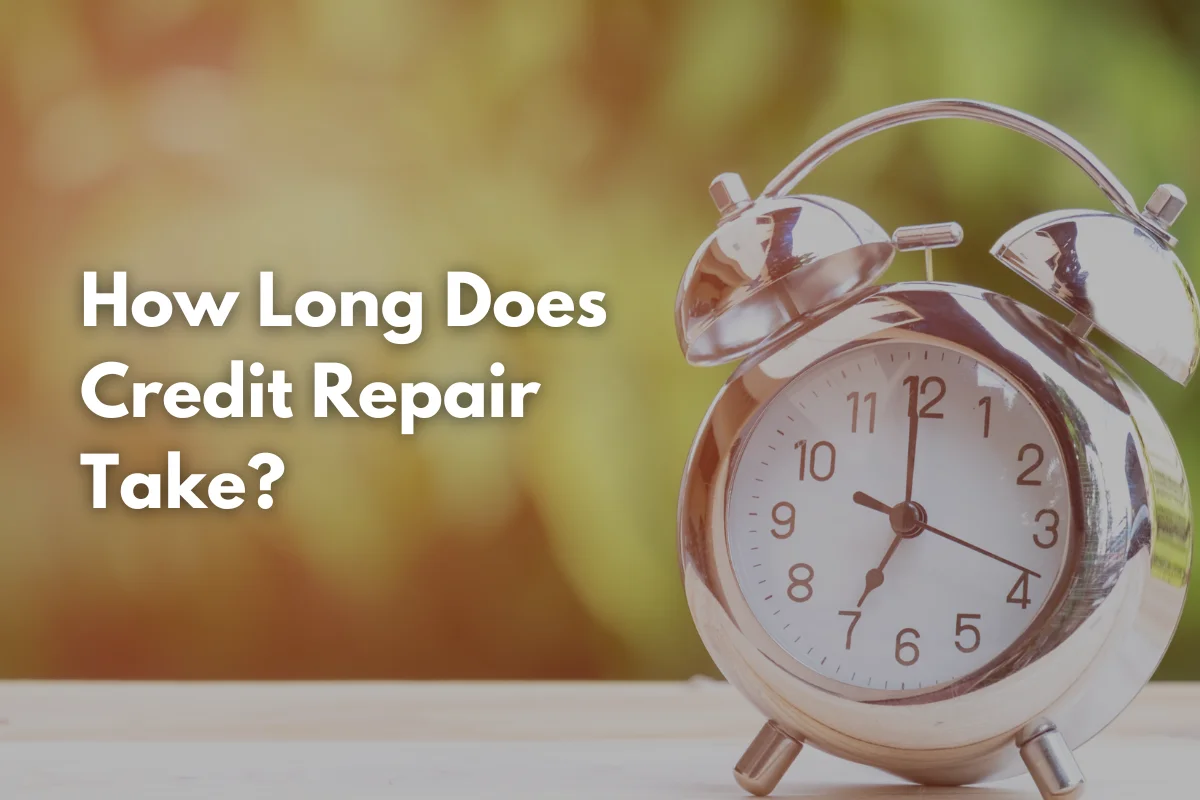In today’s competitive retail landscape, businesses face immense pressure to deliver seamless customer experiences, maintain strong brand reputations, and ensure compliance with regulatory standards. One of the most powerful tools to achieve these goals is retail auditing. Whether you manage a chain of convenience stores, fashion outlets, or a large grocery brand in Canada, effective auditing can mean the difference between steady growth and costly oversights.
This guide will walk you through everything you need to know about retail auditing in Canada — what it is, why it matters, the types of audits, and how to implement a strategy that truly works.
What is Retail Auditing?
Retail auditing is the process of systematically examining retail operations to ensure they align with company standards, consumer expectations, and legal requirements. It involves evaluating elements such as:
- Product placement and visibility
- Pricing accuracy
- Inventory levels
- Store cleanliness and presentation
- Employee performance
- Compliance with Canadian regulations
By identifying gaps and opportunities, retail audits provide actionable insights that help retailers improve efficiency and profitability.
Why Retail Auditing Matters in Canada
Canadian retailers face unique challenges, from vast geographic markets to evolving consumer preferences and diverse regulatory requirements across provinces. Effective auditing helps businesses address these challenges by:
- Ensuring consistency across locations
Whether you have 5 or 500 stores, retail auditing ensures that every customer receives the same experience regardless of location. - Strengthening brand reputation
Audits guarantee that stores look polished, products are well-stocked, and customer service meets expectations. This builds consumer trust. - Driving compliance
Canada has strict regulations on labeling, health and safety, and product quality. Retail audits help identify compliance issues before they become liabilities. - Boosting profitability
By reducing stockouts, eliminating pricing errors, and improving promotions, audits contribute directly to sales growth.
Types of Retail Audits in Canada
There isn’t a one-size-fits-all audit. Depending on business goals, retailers may use several types:
1. Operational Audits
Focus on overall store operations, including staff performance, cleanliness, and adherence to company policies.
2. Merchandising Audits
Examine product placement, signage, promotional displays, and whether items are presented according to brand standards.
3. Compliance Audits
Ensure adherence to Canadian retail laws, health codes, and safety regulations. These are especially important for food, pharmacy, and liquor retailers.
4. Inventory Audits
Verify stock accuracy, detect shrinkage (theft, damage, or loss), and ensure popular items are adequately supplied.
5. Customer Experience Audits
Often conducted through mystery shopping, these audits measure how customers perceive the shopping journey.
Key Elements of an Effective Retail Audit
To make the most of your retail audits in Canada, consider the following essential elements:
- Clear Objectives
Decide whether the audit’s goal is to assess compliance, improve merchandising, or enhance customer service. This focus ensures efficiency.
- Standardized Checklists
Using tailored audit checklists ensures consistency across all locations. A store in Toronto should be evaluated using the same criteria as one in Vancouver.
- Technology Integration
Mobile audit apps and cloud-based reporting tools allow real-time data collection, immediate feedback, and seamless sharing with stakeholders.
- Actionable Reporting
Raw data is not enough. Effective retail auditing provides insights, visual dashboards, and recommendations that can be implemented quickly.
- Follow-Up and Accountability
Audits only deliver value when results are acted upon. Assign responsibilities, set deadlines, and conduct follow-up checks.
Challenges of Retail Auditing in Canada
While retail audits are invaluable, businesses often face obstacles such as:
- Geographic Spread: Canada’s size makes frequent in-person audits costly and time-consuming.
- Labor Shortages: Staffing challenges can affect both store performance and the ability to conduct audits effectively.
- Evolving Consumer Behavior: Shifts toward e-commerce and omnichannel retailing require audits to expand beyond physical stores.
- Data Overload: Without proper systems, audit data can become overwhelming and difficult to interpret.
Addressing these challenges requires a combination of digital tools, skilled auditors, and a proactive strategy.
Best Practices for Successful Retail Auditing
Here are proven best practices that Canadian retailers can adopt:
1. Adopt Digital Solutions
Leverage audit management software that allows real-time reporting, photo capture, and geo-tagging. This reduces paperwork and speeds up corrective actions.
2. Train Audit Teams
Provide training not just on procedures but also on communication skills. A well-trained auditor can provide feedback without discouraging staff.
3. Schedule Regular but Flexible Audits
Routine audits ensure consistency, but surprise checks often reveal the truest picture of store operations.
4. Align Audits with Business Goals
If your goal is to improve customer loyalty, emphasize customer experience metrics. If compliance is a concern, prioritize safety and legal standards.
5. Benchmark Against Competitors
Use audit results to compare your brand’s performance against competitors. This helps identify areas where you can outperform the market.
The Role of Technology in Modern Retail Audits
Technology is transforming the way Canadian retailers conduct audits. Tools like AI-driven image recognition can automatically detect whether products are placed correctly on shelves. Cloud platforms allow regional managers to access real-time audit reports. Even customer feedback apps integrate with audit systems to create a holistic view of store performance.
For retailers managing dozens or hundreds of locations, these solutions save time, reduce human error, and provide valuable insights.
Retail Audit Services in Canada
Many businesses, especially growing retail chains, turn to professional retail audit services for support. Outsourcing to specialized firms provides several advantages:
- Expertise and Experience: Professionals know exactly what to look for and how to measure performance.
- Objectivity: External auditors provide unbiased assessments.
- Scalability: Whether you need audits across one city or nationwide, service providers can scale their operations.
- Cost-Effectiveness: Avoiding compliance fines, lost sales, or inefficient operations often outweighs the investment in audit services.
Choosing the right partner is crucial. Look for service providers with Canadian market experience, strong technology platforms, and a track record of delivering actionable insights.
Future of Retail Auditing in Canada
The retail sector is constantly evolving, and so is auditing
Emerging trends include:
- Omnichannel Auditing: Expanding audits to include online platforms, delivery services, and click-and-collect operations.
- Sustainability Audits: Evaluating energy use, packaging, and eco-friendly practices as Canadian consumers demand greener operations.
- Data-Driven Insights: Using predictive analytics to anticipate issues before they occur.
- Greater Customer Involvement: Leveraging customer feedback as part of continuous auditing processes.
Retailers that embrace these innovations will be better positioned to thrive in Canada’s dynamic market.
Conclusion
Retail auditing in Canada is not just about compliance or identifying errors — it’s about building stronger, more resilient businesses that can adapt to changing consumer demands. From ensuring consistent customer experiences to maintaining regulatory compliance, audits provide a foundation for growth and success.
By adopting best practices, leveraging technology, and considering professional retail audit services, Canadian retailers can transform their operations and achieve long-term profitability.
In a world where customer expectations are rising, retail auditing ensures that every shelf, every store, and every interaction reflects the best of your brand.









